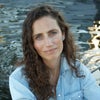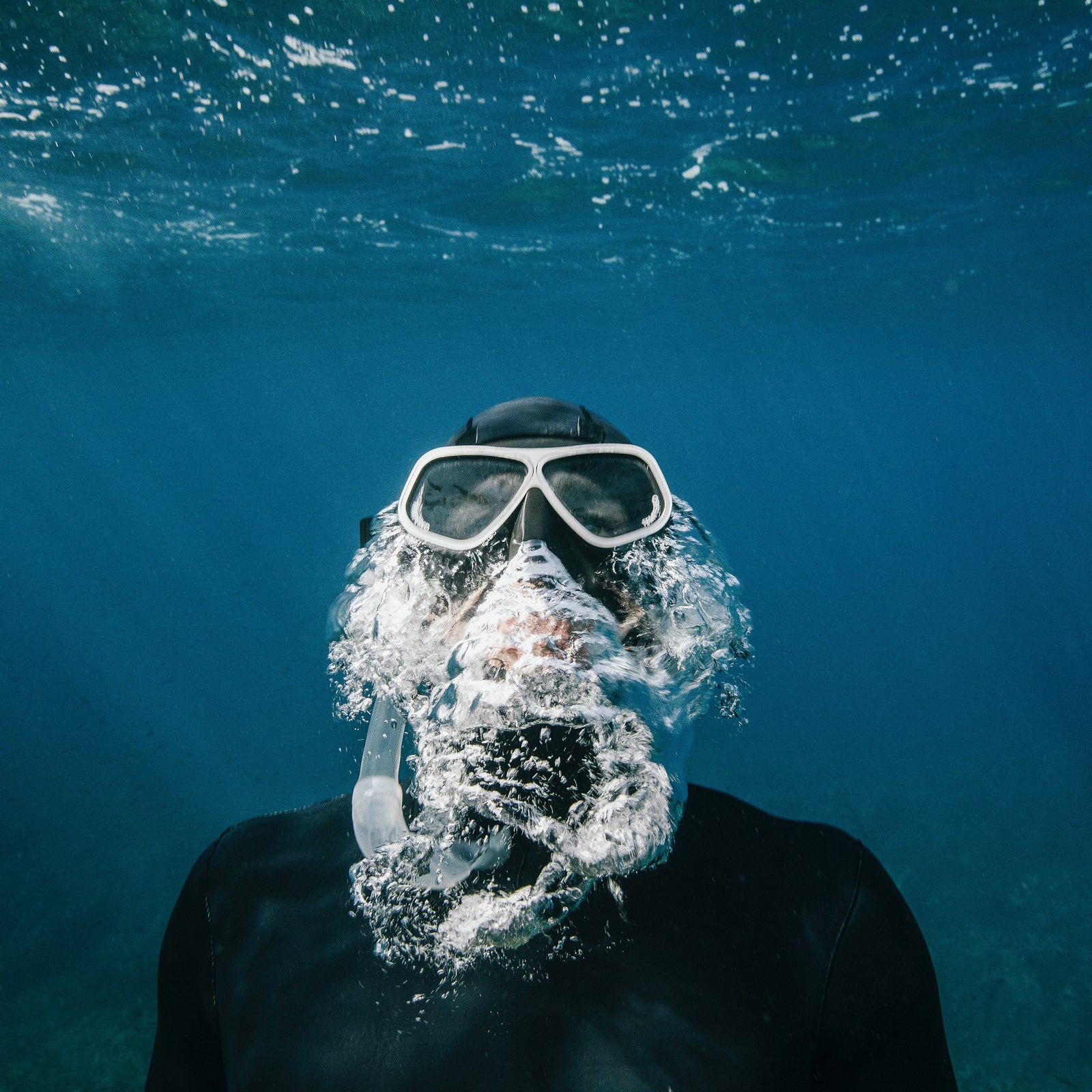In his new book╠¤╠¤($28, Little, Brown and Company), journalist╠¤Bill Streever says that he has an agenda, right off the bat. He wants to tempt people to go diving, to think differently about what might be happening under the waterтАЩs surface. тАЬI wanted readers to embrace the part of our world that is shrouded by depth,тАЭ he writes.╠¤
The book is broadly about the science and history of underwater exploration, from 17th-century submarines to todayтАЩs freedivers. But Streever, who is also╠¤an obsessive diver and╠¤lives on a boat, drills down to the human scale, too. He starts with a gripping story of the 1960s exploration of the Marianas Trench╠¤and the fear and anxiety╠¤divers and scientists felt when they tried to get to the deepest point on the planet. He explains the ways weтАЩve figured out how to manage╠¤water and air over timeтАФthe hows of deep-sea divingтАФbut itтАЩs also about the whys╠¤and what drives people to push themselves farther╠¤under water.╠¤
Streever,╠¤and his history as a diver, is very much a part of the story, and heтАЩs fascinated by the quirks and evolution╠¤of the sport: how freedivers train╠¤and what Aristotle thought about early diving bells. But heтАЩs also thinking about the future╠¤and how both science and love for a place can contribute to protecting the struggling ocean. He ends the book with renowned marine biologist Sylvia Earle╠¤and her plea for divers, or anyone who cares about the water, to do something about it.╠¤
StreeverтАЩs is one of two new books that look╠¤at how recreation╠¤can translate to a deeper relationship with the sea. ╠¤($27, Penguin Random House), a memoir about fishing on MarthaтАЩs Vineyard from competitive surfcaster, fishing guide, and fish taxidermist Janet Messineo, also describes an obsession╠¤with unknown vastness, whether stalking striped bass or mapping the ocean floor, is the most interesting part of both books.
Messineo takes a slightly different tack to show how she developed her relationship with the ocean. While finding purpose through time spent outside isnтАЩt a new premise for a book, her in-depth╠¤look into the macho world of surfcasting, and how she became a part of it in the seventies, is novel. She was one of the first women fishing for stripers and other big fish╠¤on the Atlantic coast, but her path there was winding and unexpected, starting with a tough, mill-town childhood.╠¤A╠¤trip to California chasing LSD dealers with a bad-news ex-husband eventually brought her to the Vineyard. She shares the lifetime of early mornings it took to learn the subtleties of surfcasting,╠¤the flashes of luck involved in╠¤landing a monster fish, and how she nearly drowned╠¤in leaky waders and was╠¤dragged offshore by strong catches.
Casting into the Light occasionally gets bogged down in the details, but itтАЩs a glimpse into the╠¤obsessive world of surfcasting,╠¤chasing huge striped bass, and the low-key past of a now-fancy island. The best parts are when Messineo╠¤gets into the tight, wild fishing community living on the margins of a resort town. The taxidermy tidbits donтАЩt hurt either, like asking her neighbor to fell a pigeon with a slingshot for her to practice on, and mounting╠¤fish for Spike Lee.
The two books are thoughtful in different ways. Streever pulls together stories that show╠¤his evolving appreciation for the sea, to demonstrate╠¤how important and misunderstood the ocean is. Messineo twists the kaleidoscope of her own life on the shore to give a long-range view of her love for the sport and the fish and the sea. тАЬCome April, the first time I get my fishing rod out of itтАЩs winter storage and stand in surf up to my thing to cast, I exhale. I feel as though IтАЩve been holding my breath for the last five months,тАЭ she writes. TheyтАЩre both about trying to understand the ocean, but they both acknowledge the catch: that we never really can.╠¤
Two More New Ocean-Oriented Books╠¤
тАЬWild Sea: A History of the Southern Ocean,тАЭ╠¤by Joy McCann
Australian environmental-historian McCann gives a of the Antarctic Ocean, the worldтАЩs least-known body of water. ItтАЩs full of polar-explorer stories and current environmental risks, and itтАЩs nice to feel like there are parts of the world that still hold mystery.
тАЬEat Like a Fish: My ╣·▓·│╘╣╧║┌┴╧s as a Fisherman Turned Restorative Ocean Farmer,тАЭ╠¤by Bren Smith
The ocean holds a ton of potential for sustainable agriculture, and Smith, who runs what he calls one of the first sustainable , makes a for it. He tells the story of how aquaculture pulled him away from the adrenaline of commercial fishing╠¤and the role he thinks it can play in the future.


